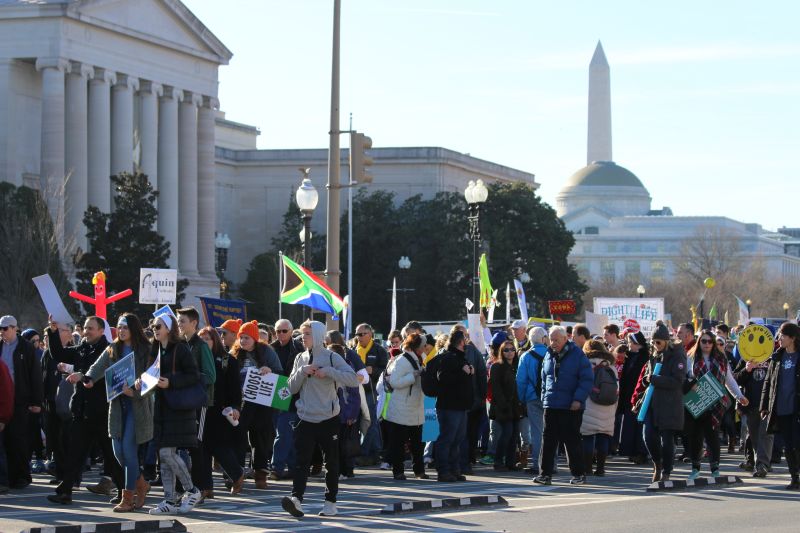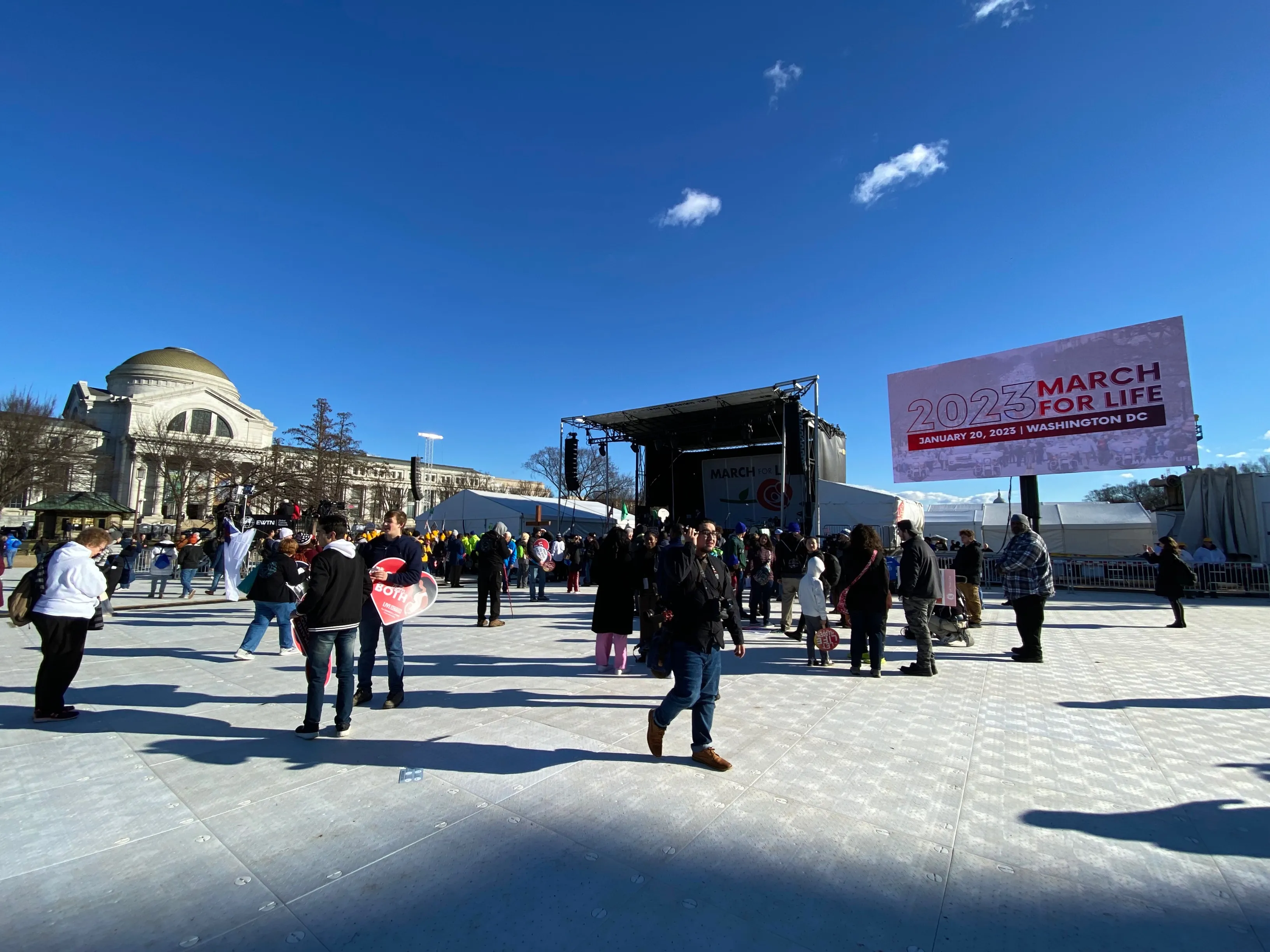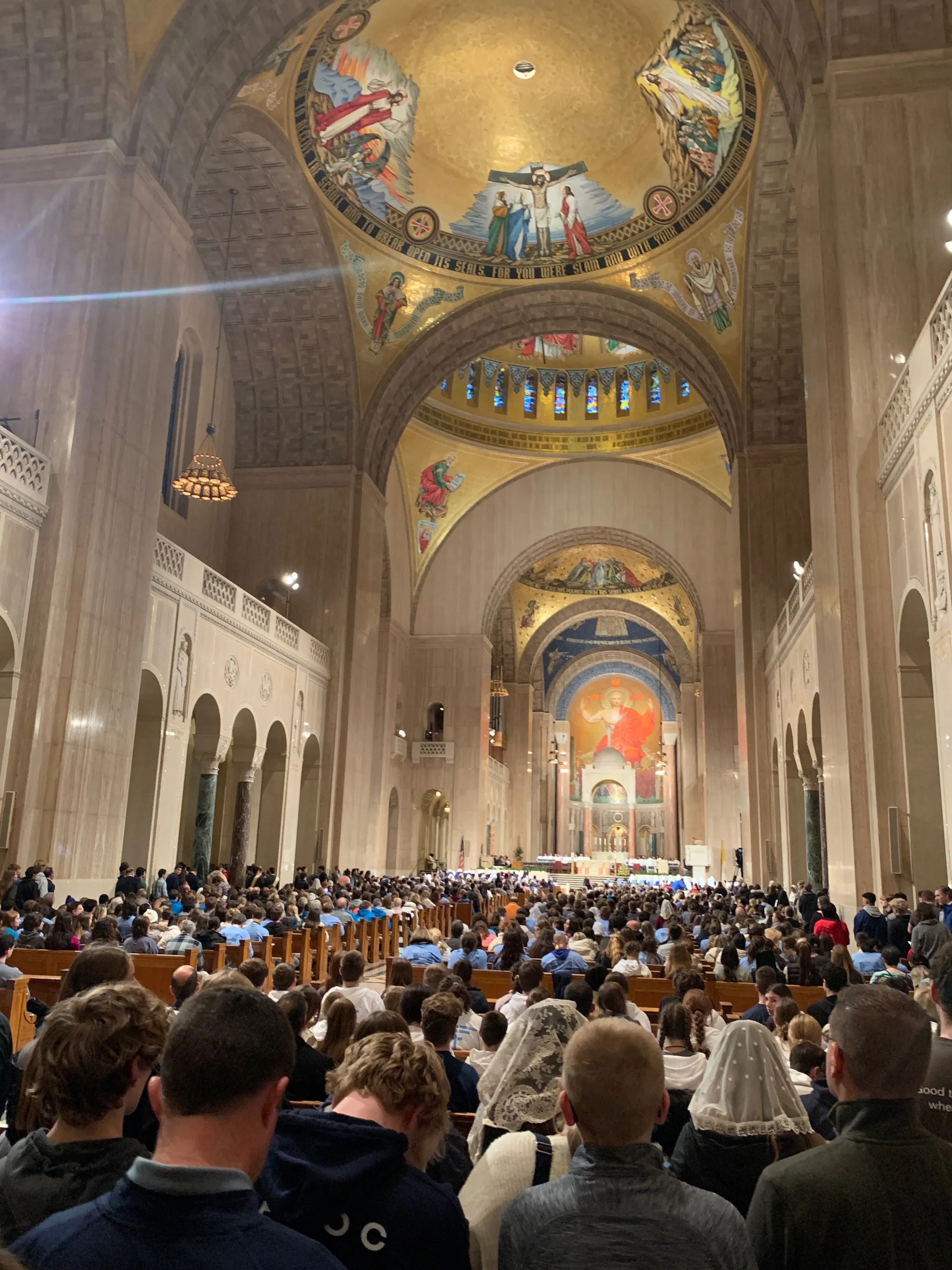 St. Anthony’s Chapel in Pittsburgh, PA, with the largest collection of relics outside Rome. / Addie Mena/CNA.
St. Anthony’s Chapel in Pittsburgh, PA, with the largest collection of relics outside Rome. / Addie Mena/CNA.
Pittsburgh, Pa., Oct 30, 2021 / 08:47 am (CNA).
Nestled in a sleepy neighborhood in the hills rising over Pittsburgh lies a small chapel. Inside St. Anthony’s Chapel lies a piece from the Crown of Thorns, a tooth of St. Anthony of Padua, and more than 5,000 other verified relics, or remains, of saints from around the world.
Indeed for the fragments from the bodies and scraps of the belongings of countless saints, these relics continued to have earthly adventures long after the saints’ deaths. Many of the relics traveled across the world to escape war, confiscation, and desecration to make it into the safe hands of a Belgian-born physician and priest, Fr. Suitbert Mollinger, who founded the chapel.
The chapel now holds the largest collection of relics outside of Rome.
“Fr. Suitbert Mollinger, well, he had an unusual hobby in which he liked to acquire relics of the saints,” Carole Brueckner, chairperson of the committee for St. Anthony’s Chapel, explained to CNA.
But in the midst of the political and social turmoil which Europe experienced at the end of the 19th century, this curious hobby was crucial to saving relics from across the continent.
Since the second century, Catholics have honored the relics of saints- either pieces of body parts or cherished belongings of holy men and women. While theologians and Church documents clarify that relics are not to be worshiped, nor do they hold magical powers, the teaching adds that relics must be treated with respect, as they belong to persons now in heaven. While relics do not have power in and of themselves, God can continue to work miracles in the presence of the saint’s body even after death, the Church teaches. Relics are present in, or below, many Catholic altars.
Because of their important place in Catholic devotion as well as their presence at Mass, relics became a target of anti-Catholic persecution in Europe.
“It was a very chaotic time, in a sense, for Catholics, because people were fighting for territories and countries,” Brueckner said. During the mid- to late- 19th century the political boundaries – and also religious identities – of regions across Europe shifted as the modern nation-states of Germany, Italy, France, and Belgium formed, the power of the nobility and the Church ebbed, and secular governments arose.
Many nobles and religious “were afraid that their governments or the monarchies under which they lived would commit and confiscate the relics from them,” she explained. In some regions, Brueckner continued, authorities even “desecrated the relics and on occasion they would put someone in prison for having a relic in their possession.”
“Due to what was happening in Europe, this was an opportune time for Father to enrich upon his own personal collection of relics of the saints,” she elaborated. While it is forbidden for Catholics to sell or purchase relics, Fr. Mollinger was loaned or granted relics from friends in his home country of Belgium, as well as from his travels in the Netherlands, Italy, and elsewhere.
“Many times, his friends, who are also religious, would write and ask him if he could take some of their relics and keep them in safekeeping, until their countries or monarchies became stable, and Father always responded ‘yes,’”’ she explained. “Father also had agents that he had throughout Europe that were looking for the relics, because in essence, he would try to rescue them from being destroyed by governments and monarchies that existed in Europe at this time.”
Initially, Fr. Mollinger kept the growing relic collection in his rectory. Medical patients as well as faithful Catholics would visit the doctor-priest for both spiritual and physical treatment, and “they had the opportunity to venerate them those relics when they were there.”
Many pilgrims, Brueckner said, “were cured of their anomaly or disability” after receiving physical or spiritual aid in the presence of the relics. As a result, “Father was gaining the reputation as a priest-physician-healer,” she elaborated. Records of local Pittsburgh newspapers of the time documented Fr. Mollinger’s treatments, as well as the thousands of people who traveled to venerate the relics.
Fr. Mollinger, however, “thought they belonged in a beautiful church so that everybody could visit and venerate the relics,” and thus built with his own funds a chapel to house them.
The first section of the chapel was completed on the feast of St. Anthony in 1883, and houses the thousands of relics collected by Fr. Mollinger at the time. The second section was also completed on the feast of St. Anthony, nine years later in 1892, and contains the Stations of the Cross and relics collected after the chapel’s completion. Fr. Mollinger died two days after the last section of the chapel was completed.
Among the relics the chapel currently claims are splinters from the True Cross and the Column of Flagellation; stone from the Garden of Gethsemane; a nail that held Christ to the Cross; material from Jesus, Mary and Joseph’s clothing; a “piece of bone from all of the apostles”; and relics from St Therese of Liseux, St. Rose of Lima, St. Faustina, St. Kateri Tekawitha.
“If I had to name all the saints, we’d be here forever,” Brueckner exclaimed.
Nearly all these relics have been verified, as well.
“When a relic is placed within that reliquary, it is sealed and it can never be opened again,” Brueckner said, explaining that the Church’s strict rules guard against tampering and forgery of relics. “For a relic to be venerated, you do need to have a document, and the document comes from the hierarchy in the Church. That document will tell you who the saint is, what the relic is, and it is saying that the Catholic Church has done their research and we can say what the relic is.”
“We do have the certificates of authenticity for almost all of our relics here within the chapel.”
While belief in the authenticity of the relics relies on a trust that “the Catholic Church has done their research, and I’m going to believe what the Catholic Church is saying,” Brueckner said, visitors still experience the same presence documented by the first pilgrims to the collection of saintly relics. “Many times when people come into the chapel they will say that they actually feel a presence.”
“I say that it’s like stepping into a little piece of heaven, because you are surrounded by so many people that our Church tells us are in heaven,” she remarked.
This article was originally published on CNA Aug. 20, 2015.

[…]








Leave a Reply